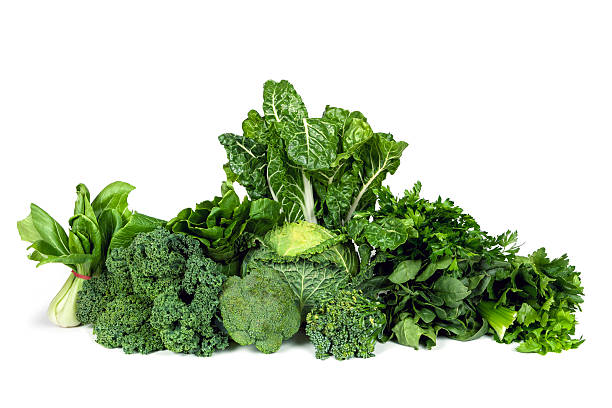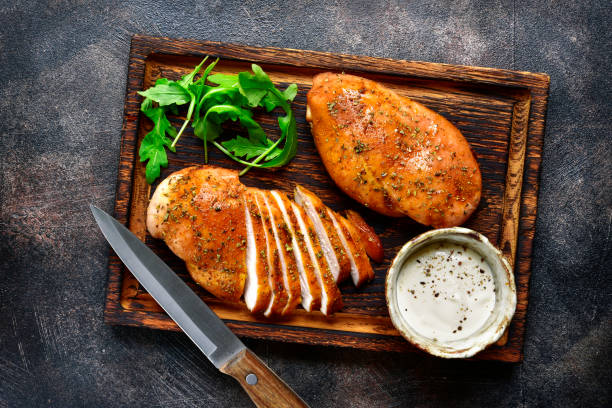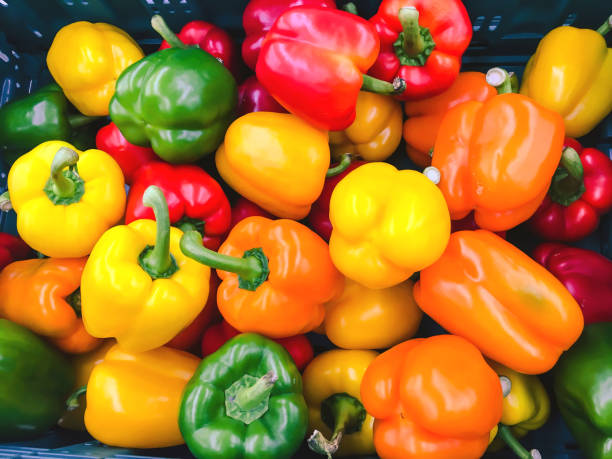
Collagen is a vital protein that gives structure and elasticity to our skin, hair, nails, bones, and connective tissues. It also helps keep our joints flexible and healthy. However, as we age, our collagen levels decline, resulting in signs of aging such as wrinkles, sagging skin, and joint stiffness. To counteract this, we can consume foods that are rich in collagen or that support its production in our bodies. In this article, we’ll show you how to easily add these foods to your daily diet.
The Best Foods for Collagen Production
There are many foods that can help boost your collagen levels naturally. Some of them are:
Fish and seafood

These are excellent sources of collagen, especially the skin. Salmon, mackerel, and tuna are some of the fish that are high in this protein. You can enjoy them grilled, baked, or in salads.
Eggs

These are a complete protein that contains albumin, a protein that stimulates collagen production. The egg white is particularly rich in this protein. You can have eggs for breakfast, lunch, or as a snack.
Dark leafy greens

Spinach, kale, and Swiss chard are packed with vitamins and minerals that support collagen production. Vitamin C is especially important as it helps convert amino acids into collagen fibers. You can add these greens to your salads or smoothies.
Bone broth

This is a nourishing liquid made by simmering animal bones and connective tissues for hours. It releases collagen, minerals, and amino acids into the broth, which you can drink or use in soups and stews.
Citrus fruits

Oranges, lemons, grapefruit, and tangerines are loaded with vitamin C. This vitamin plays a key role in collagen synthesis. You can have a citrus salad or a glass of fresh orange juice to get your vitamin C boost.
Lean protein

Chicken and turkey breast, as well as lean cuts of beef and pork, provide essential amino acids for collagen synthesis. Choose skinless poultry and lean cuts to keep your meals healthy.
Bell peppers

Red and green bell peppers are rich in antioxidants that help with collagen production. They also add color and crunch to your dishes. You can chop them up for a snack, toss them into salads, or stir-fry them.
How to incorporate collagen-rich foods into your diet
Adding collagen-rich foods to your diet doesn’t have to be complicated or boring. You can easily incorporate them into your existing meals or create new ones with them. Here are some ideas:
- Start your day with a protein-packed breakfast of scrambled eggs with spinach and cheese, or an omelet with salmon and bell peppers.
- For lunch, have a chicken salad with lettuce, tomatoes, cucumbers, and avocado, or a tuna sandwich with whole wheat bread and mayonnaise.
- For dinner, make a hearty soup with bone broth, carrots, celery, onion, garlic, and herbs, or roast beef with potatoes and green beans.
- For snacks, munch on nuts, seeds, dried fruits, or yogurt with berries.
By eating these foods regularly, you can help your body produce more collagen and enjoy its benefits for your skin, joints, and overall well-being. You’ll also get to savor the flavours of these delicious foods and feel more satisfied with your meals. So go ahead and make your diet a source of collagen for a healthier and more radiant you.
Click HERE to download our latest issue and learn about 3 Beauty Ingredients to Restore Your Natural Collagen Levels.

